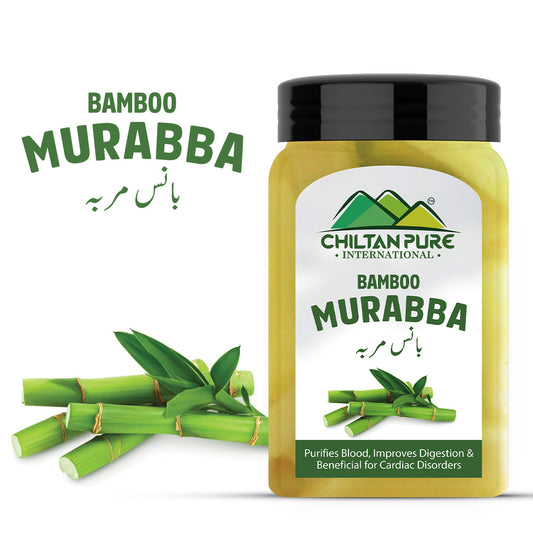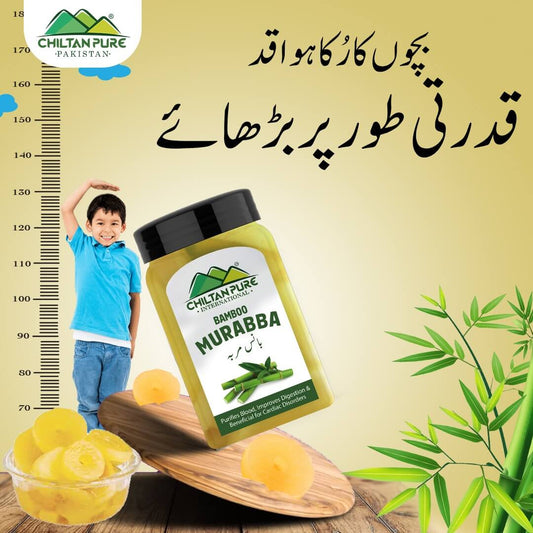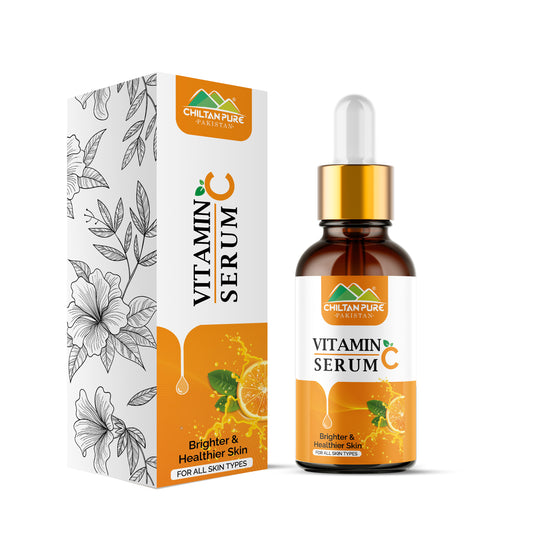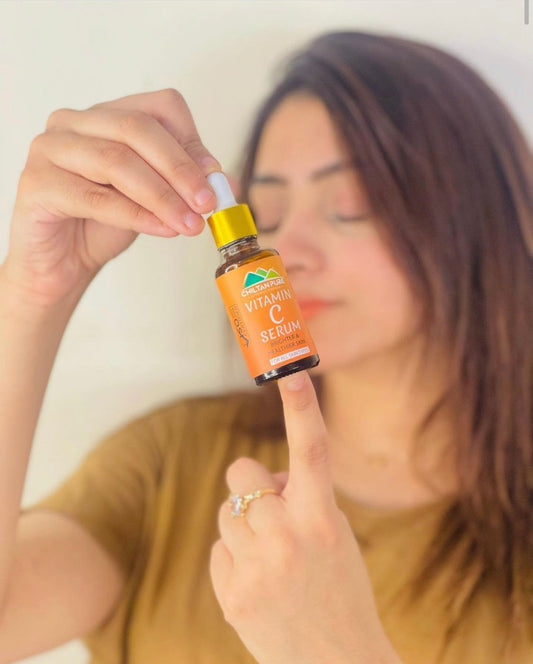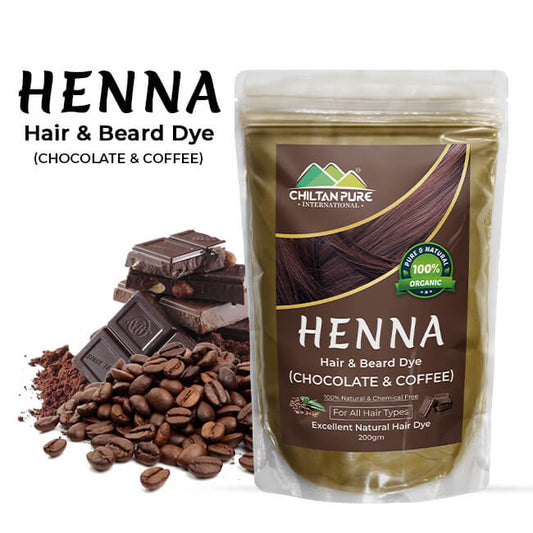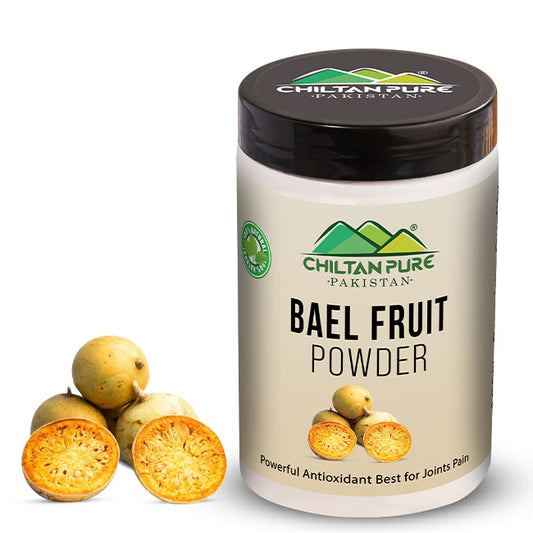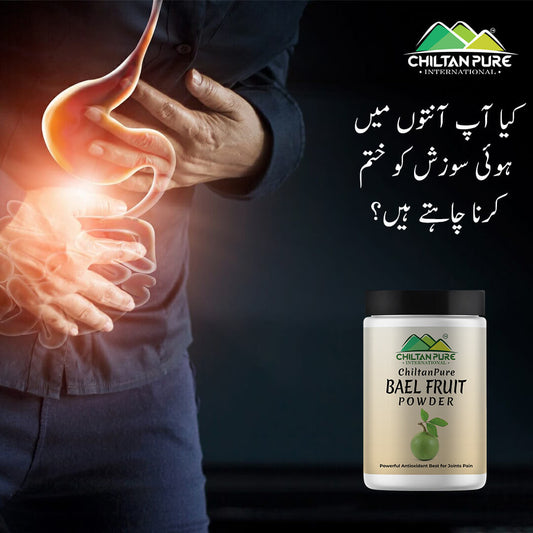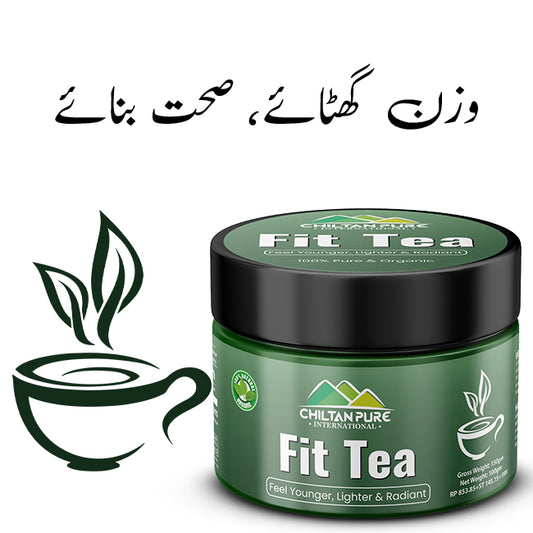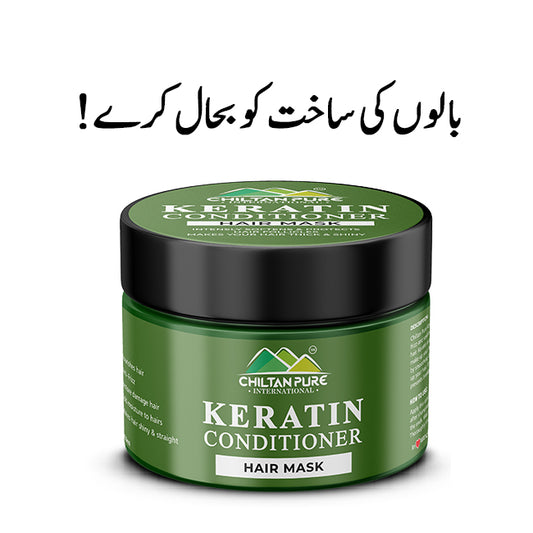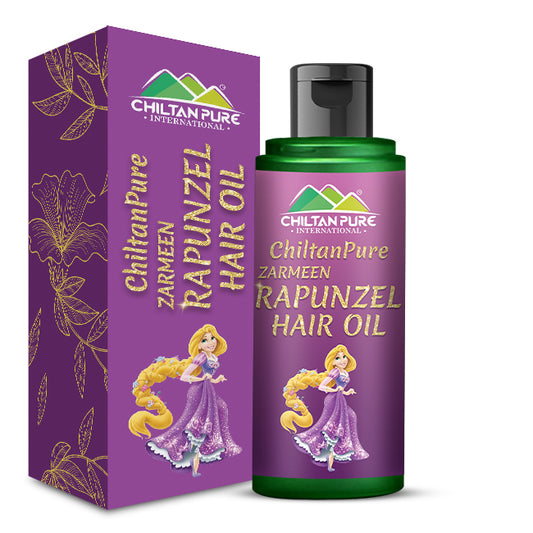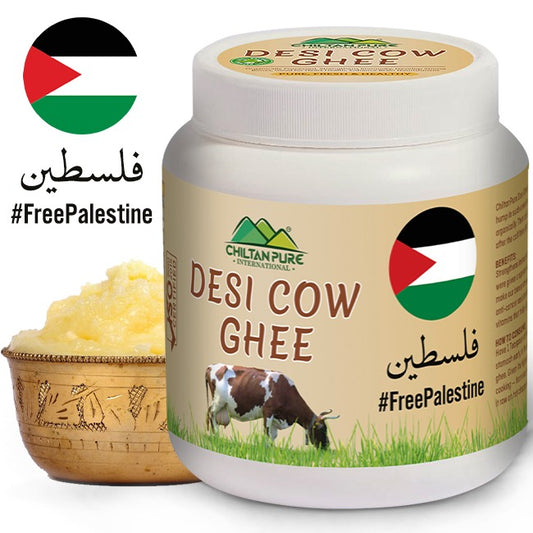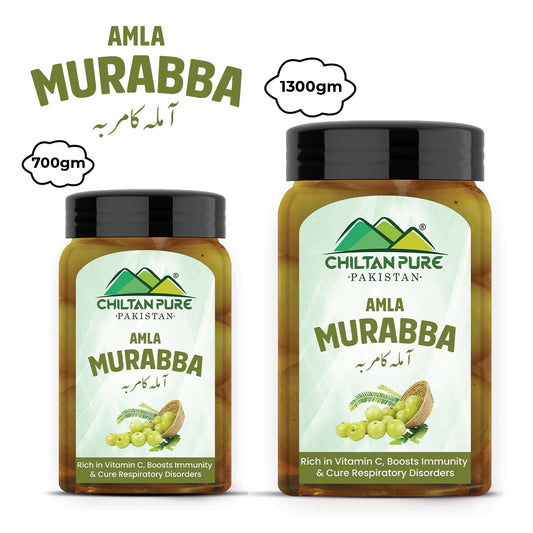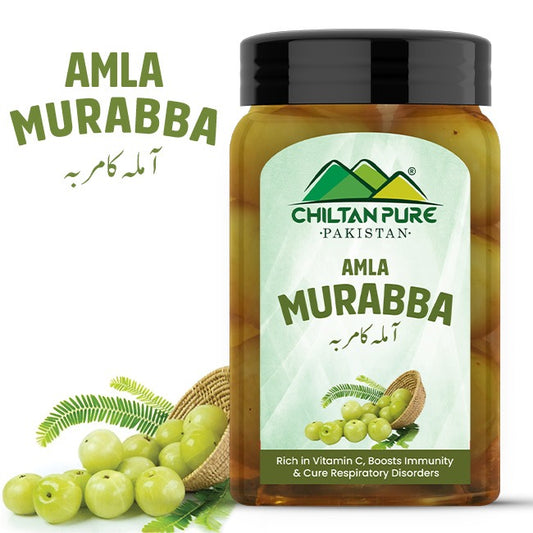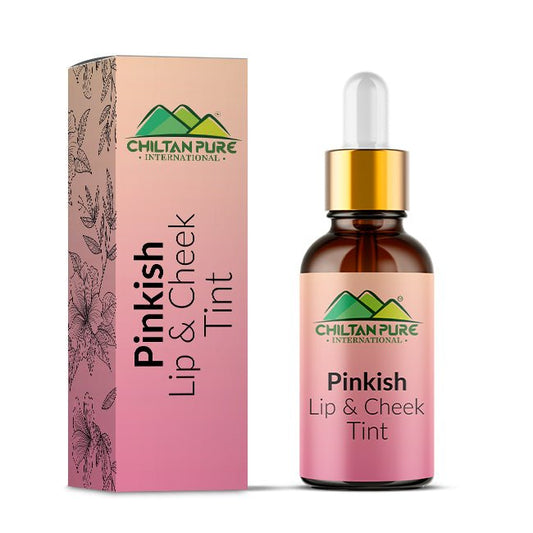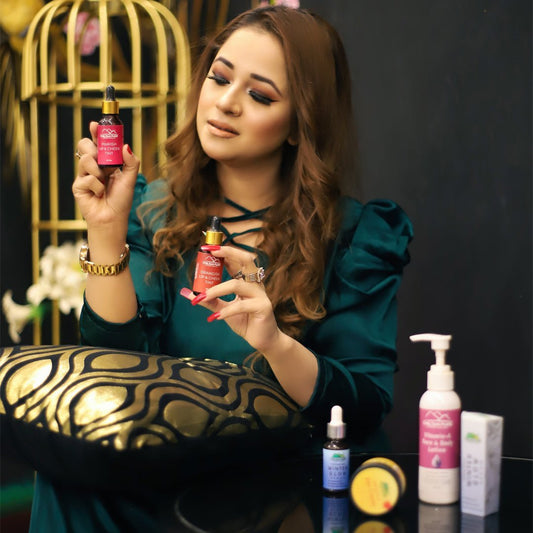What is spearmint tea?
Spearmint, also known as Mentha spicata, is a kind of mint. Leaves and essential oil are harvested for their culinary and cosmetic applications.
Chemicals in spearmint oil, particularly those that impact testosterone levels, have anti-inflammatory and hormone-regulating effects. Certain chemicals may destroy germs and damage cancer cells. People use spearmint for various illnesses, including memory, digestion, osteoarthritis, postoperative nausea, and vomiting, but there is little to no evidence to back these claims. Spearmint is not the same as other mints as salvia Divinorum, Japanese mint, peppermint, English horsemint, perilla, or even wild mint. Distinct differences exist between them.
Properties
- Antioxidants Found in Nature
- High in Vitamins A and B
- Provides necessary nutrition
- Officially USDA-Certified Organic
- Non-GMO, and Preservative-Free
- Neither Synthetic nor Natural Flavorings
- Artificial Sweeteners Banned
Marvelous facts
- The highest quality herbs available, sourced from reputable vendors. Lacks the Eight Common Allergens
- Tea is a healthy beverage to have first thing in the morning or last thing at night due to its low-calorie and fat-free composition compared to spearmint and other herbal teas.
- Some of the antioxidant components found in spearmint include rosmarinic acid, flavones, flavanones, and terpenes, including limonene and menthol.
Potential health benefits of Spearmint Tea
Tea made from spearmint is said to be beneficial for memory, digestion, and relaxation. However, further study is necessary to fully comprehend the positive effects of spearmint tea on one's health. According to several preliminary studies, drinking spearmint tea may benefit human health in several ways, as outlined below.
Prevent gastric ulcer

An open sore or raw region on the inner lining of the intestine or stomach may lead to the development of a gastric ulcer. Helicobacter pylori are the bacterium that is responsible for the majority of cases of stomach ulcers. Drinking tea made with spearmint is a highly efficient way to destroy germs and prevent their development.
Control blood pressure
A substance referred to as (-)-carvone may be found in spearmint. Studies conducted in the laboratory have shown that this molecule has features equivalent to those of drugs used in the treatment of hypertension. It may be too soon to determine whether or not this effect will be noticed in humans. However, a single study on animals indicated that (-)-carvone reduces the constriction of blood vessels.
Support digestive system
Spearmint might improve digestion and alleviate gastrointestinal problems, including nausea. Because of its ability to relax the muscles in the stomach, spearmint tea may help ease the symptoms of these and other digestive conditions. Any person suffering from a sore throat or stuffy nasal passages would benefit tremendously from the natural cooling impact spearmint tea provides. The fact that research indicates that the rosmarinic acid found in spearmint may have anti-inflammatory qualities lends credibility to the traditional applications of the plant. Even while it won't eliminate all of your cold symptoms, sipping some spearmint tea may help with the congestion and inflammation you're experiencing. Its health benefits also include breath refreshing.
Strong antioxidants
Plants include antioxidants, chemical substances that guard against and repair damage produced by free radicals, and potentially dangerous chemicals that may cause oxidative stress. Heart disease, cancer, and diabetes are just a few of the many chronic illnesses that have been related to oxidative stress. Another powerful antioxidant, vitamin C, may be found in two tablespoons (11 grams) of spearmint. According to the studies, antioxidants against free radicals are quite high in spearmint. One research found that an extract from this plant was just as efficient as the synthetic antioxidant BHT at preventing fat oxidation in meat.
Reduce Stress

Common uses for spearmint include helping individuals relax before bed and nod off quickly. This is because spearmint contains menthol, an essential oil known to stimulate the appetite, cool the skin, and induce a state of mild relaxation.
Mint tea includes menthol. Menthol is a natural essential oil great for promoting relaxation. Similar to how drinking decaf peppermint tea might help you sleep; this herbal blend also has no caffeine. Tea infused with spearmint has a calming effect on the central nervous system and may even be good for your blood pressure. Spearmint does this by stimulating GABA receptors and therefore assisting these neurotransmitters in relaxing the brain and body.
Balances Harmon in women
Spearmint tea is helpful for ladies with hormonal problems. Ovulation-promoting female hormones like luteinizing hormone (LH), follicle-stimulating hormone (FSH), and estradiol have been observed to increase while male hormones like testosterone decrease in women. Two cups of spearmint tea daily reduced testosterone and raised LH, FSH, and estrogen levels. Similarly, drinking two cups of spearmint tea daily for women with PCOS can lower testosterone levels and increase LH and FSH levels.
Spearmint tea may help with menstrual cramps and bloating because it has the same antispasmodic properties that help with digestive problems. Teas with spearmint in them may help increase the production of female hormones and slow down the production of androgens.
Enhance memory
Consuming spearmint tea regularly is another way to improve your memory. According to the findings of one research, participants' memories enhanced by 15% when they took a daily pill containing spearmint extract. It's possible that if you drink one cup of spearmint tea daily, you'll be able to remember more knowledge and keep your mental acuity. It has been established that older persons may consistently enhance their memory and cognitive ability by consuming an extract of spearmint. There is also some evidence that spearmint might aid in focus somewhat.
Provide anti-aging look

Regular use of spearmint tea, which is high in antioxidants and antibacterial, may reduce acne and promote cleaner skin. The antioxidants in spearmint tea lessen the inflammation and bacterial overgrowth that cause acne. Wrinkles and other skin flaws (such as pigmentation) are softened. It may help peel off dead skin and expose fresh skin, improving its suppleness and resilience.
Side-effects
It is essential to remember that most of the purported health advantages of drinking spearmint tea are still in the first phases of the testing process. There is presently very little evidence to suggest that spearmint tea has any health hazards, particularly when the beverage is eaten in moderation as part of a nutritious diet.
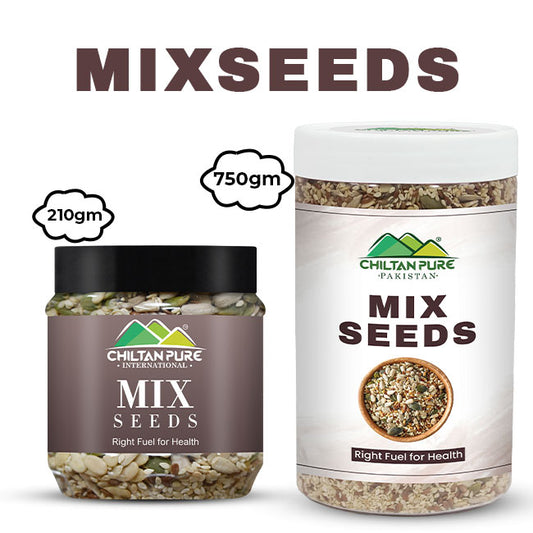

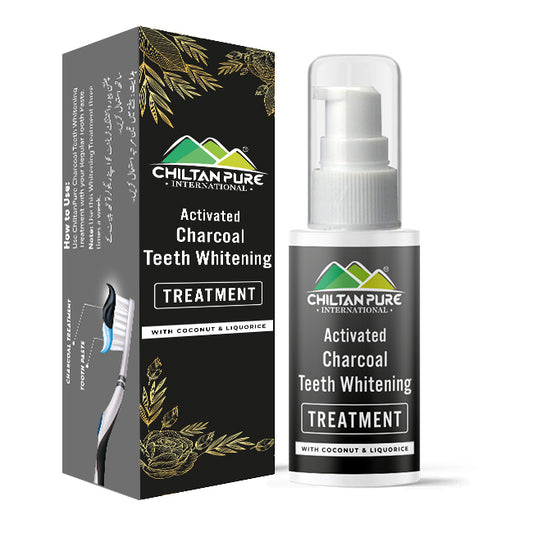

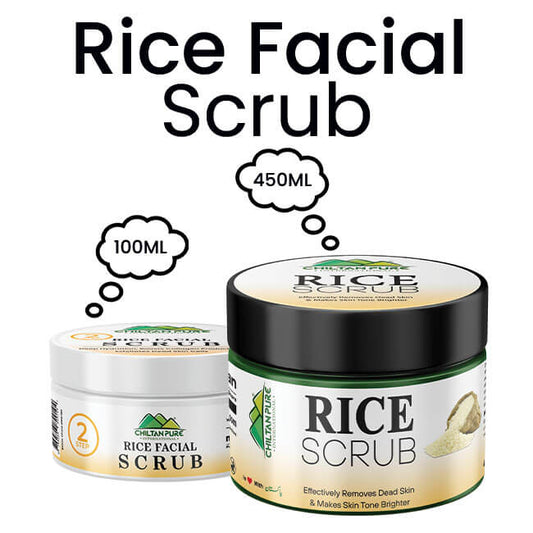
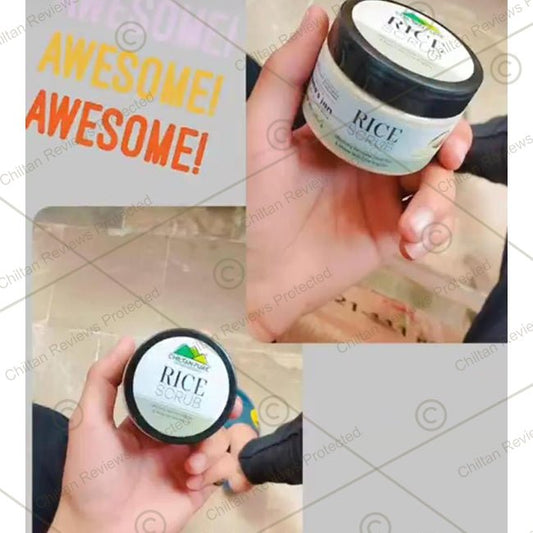
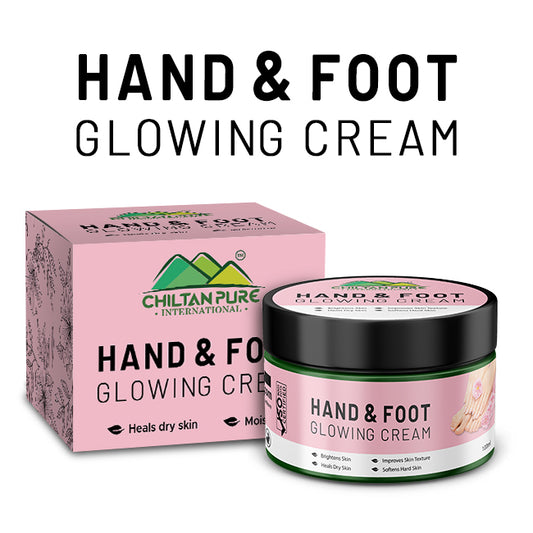

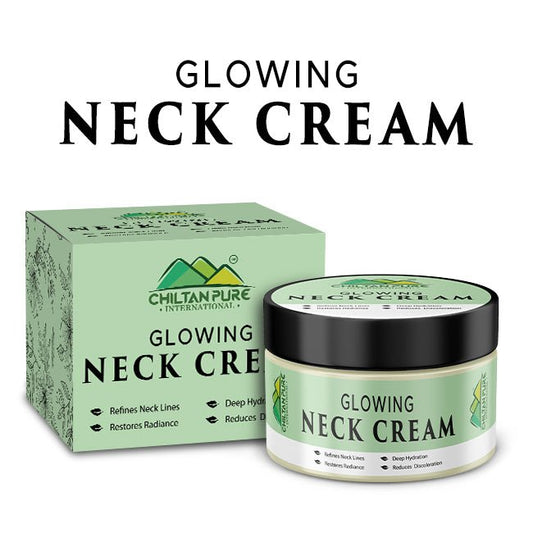
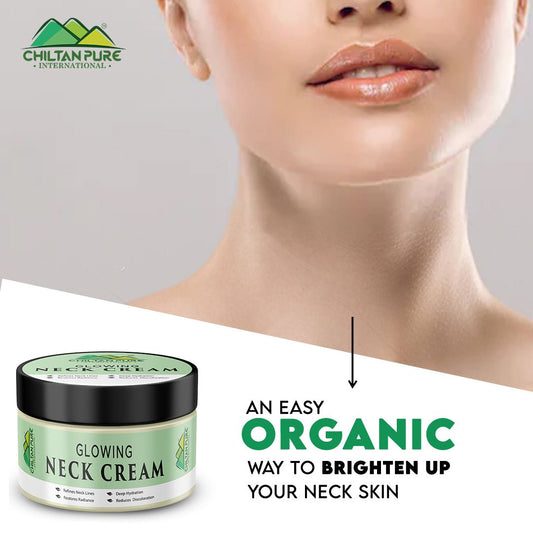
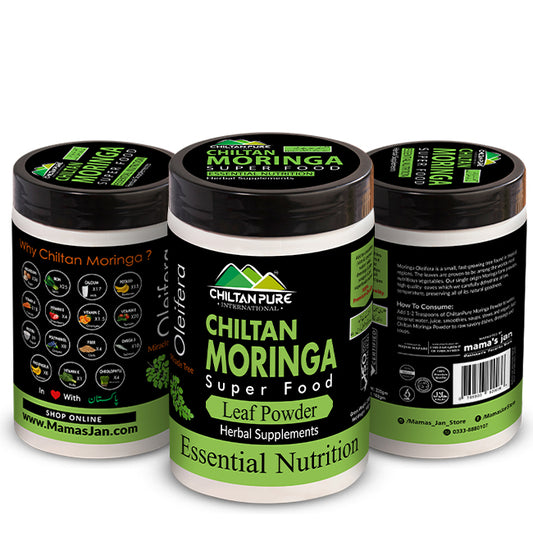
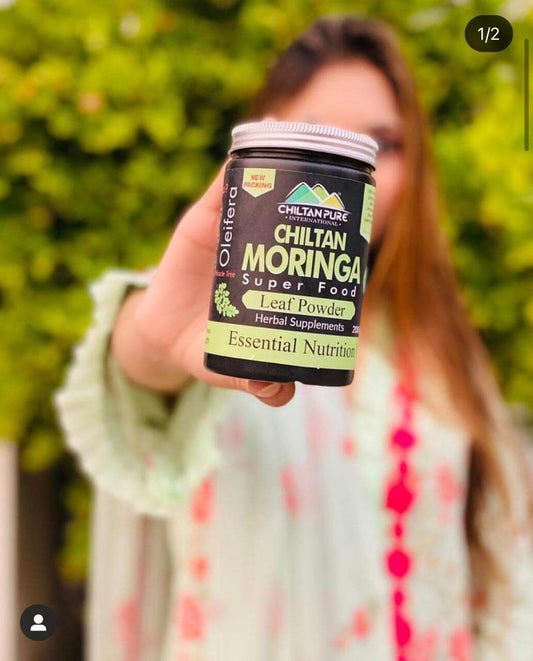
![Chia Seeds – Make Skin Glow, High in Fiber, Protein & Aid in Weight Loss [تخم میکسیکو]](http://mamasjan.com/cdn/shop/files/Chia-seeds-wb_1_533x.jpg?v=1739000274)
![Chia Seeds – Make Skin Glow, High in Fiber, Protein & Aid in Weight Loss [تخم میکسیکو]](http://mamasjan.com/cdn/shop/files/ChiaSeeds1_533x.jpg?v=1739000274)
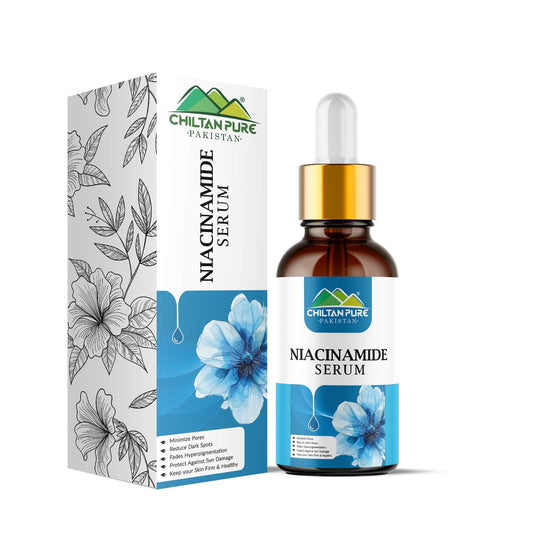

![Red Onion Oil 🧅 Reduces Hair Fall & Accelerates Hair Regrowth [پیاز کا تیل].. Trending.... 🔥](http://mamasjan.com/cdn/shop/files/Onion-Oil_533x.jpg?v=1707234402)
![Red Onion Oil 🧅 Reduces Hair Fall & Accelerates Hair Regrowth [پیاز کا تیل].. Trending.... 🔥](http://mamasjan.com/cdn/shop/files/shampoo-oil-4_3a0058c6-20d2-4f79-8050-19cf717015ac_533x.jpg?v=1708103599)
